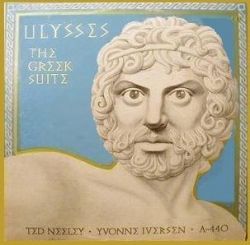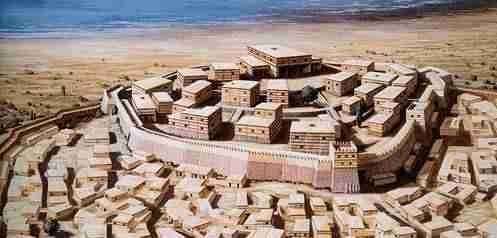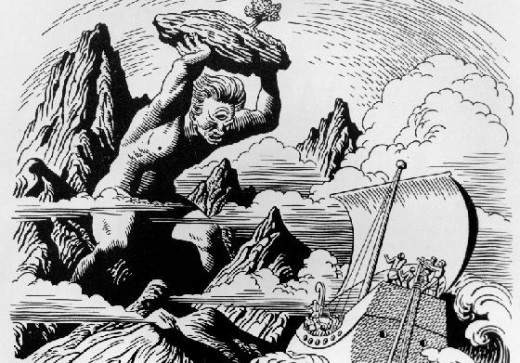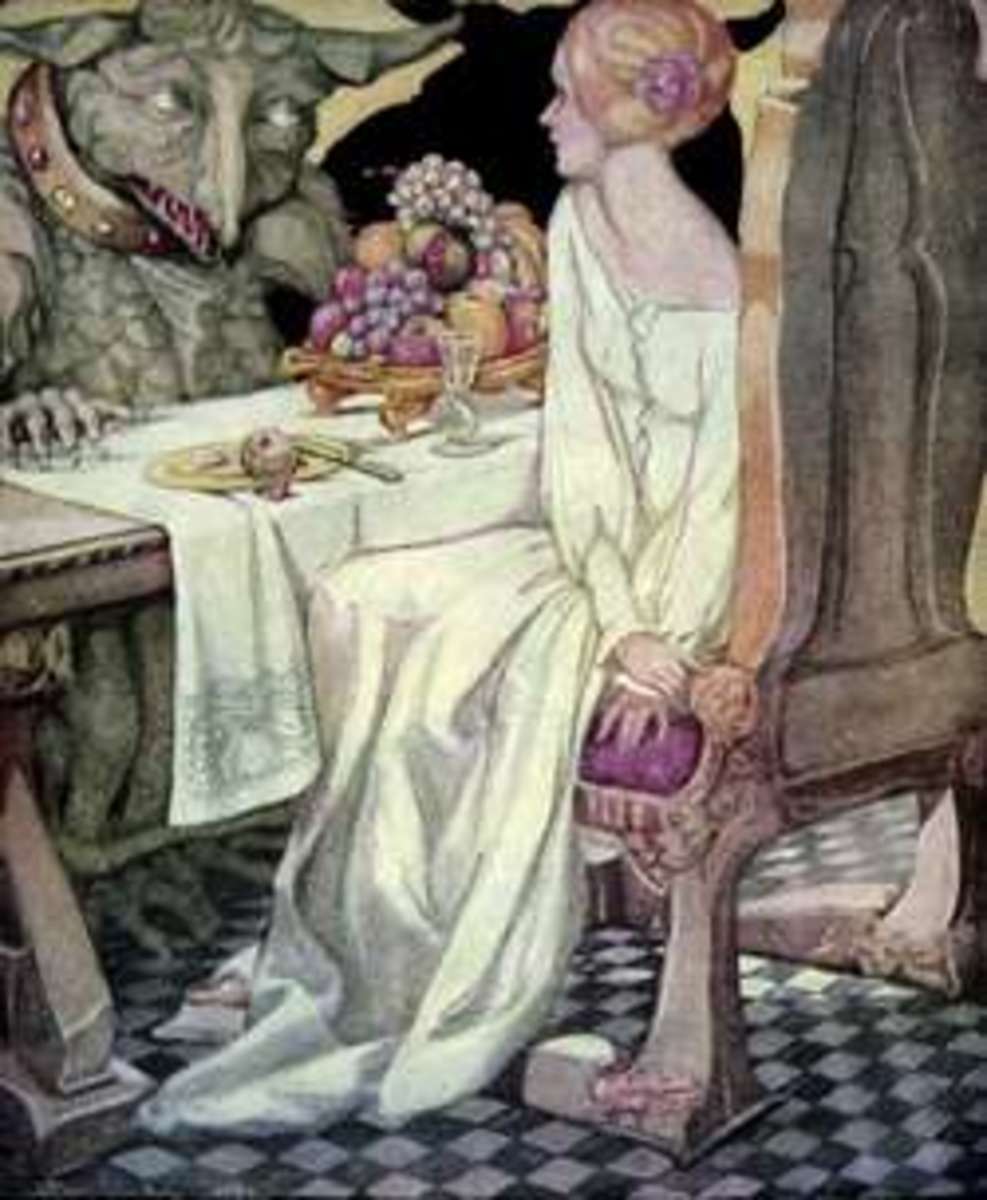Ulysses was a Rat

Ulysses was definitely a Rat!
You've heard of Ulysses, one of the Greek leaders in the Trojan War and the man who advised the Greek army to build that wooden horse.
But here's something you may not know, Ulysses was a rat!
When the Emperor Huang Ti introduced the first cycle of the Chinese zodiac in 2600 BCE, it was a good many years after the elderly Ulysses had met his peaceful death, but the characteristics of the Rat Person fit Ulysses like a glove.
Proof that Ulysses was a Rat
Rat people are recorded as possessing an uncanny eye for detail, good memories, keen intuition, foresight, incredible inquisitiveness and sharp business acumen.
They are active and pleasant, tactful and fantastic, able to grasp opportunities and have interests in almost everything under the sun.
Rat people are courageous, enterprising people, clever and bright, sociable and family-minded. They have broad interests, strong ability in adapting to the environment and are able to react to any changes.
Adversity merely serves to sharpen their wits and they are always busy cooking up some scheme. And above all, they are crafty.
A perfect description of Ulysses!
A Quick Summary of the Iliad

The Background to the Journey of Ulysses
Let's run quickly through the background before the Odyssey starts.
The Greeks fought the Trojans for ten years till Ulysses put into action his plan to build a wooden horse which was left outside the city gates. The Greek warships left and the people of Troy brought the horse inside. Late that night, Ulysses and nineteen others climbed out of the horse and opened the gates of Troy. The city was destroyed.
But Ulysses still had a long journey ahead of him.

A Quick Summary of the Odyssey
After the war was over and Troy had been sacked, Ulysses and his men set sail for home
After a few weeks of sailing, Ulysses and his men ran out of food. They landed on an island where they found a whole cave full of food, which actually belonged to the one-eyed Giant, Polyphemus.
Ulysses and his men tricked the Giant and escaped with the food. Unfortunately Polyphemus was a son of Poseidon, the God of the Sea, and that meant more strife for Ulysses.
After some hair-raising adventures with Circe the Sorceress, the Sirens and the monster Scylla, Ulysses finally made it back home to Ithaca. Here he found that his wife, Penelope, had been holding off a large number of suitors.
Ulysses had brains as well as muscles

Ulysses had brains as well as muscles. He was a man of inquiring mind, of outstanding prowess and bravery, with a gift for evaluating the situation. (He was a first-class athlete too.)
So what if he had a couple of minor weaknesses that prolonged his voyage back to Ithaca. Are they really so important? Pride is natural to have, although some might say that in Ulysses' case he had too much of it.
Was Ulysses too proud? I refer to the incident on the Cyclopes' island when Ulysses bragged a little loudly about his exploits and just missed being flattened by giant boulders hurled by Polyphemus. It was then that our Hero unwisely revealed his name to the round-eyed brute and with that, Polyphemus called upon his father, Poseidon, to punish the man who had harmed him.
This regrettable lapse of his usual intelligence hurt Ulysses more than losing a few men, because Poseidon (one of the nastiest gods ever) made the poor man's journey home ever so much longer and so much more arduous.
Another weakness of Ulysses
Yet another weakness of our Hero was his partiality to the fairer sex. Ulysses certainly liked women.
But you must remember that he was away from home for a long time, and, although he stayed with Circe for a year and Calypso for seven, he went home to Penelope in the end.
Ulysses and Circe

Forget those small faults!
Let's forget the small faults that Ulysses showed. Look instead at what he accomplished!
He survived all that happened to him. His courage, wits, and endurance carried him through each and every difficulty and didn't desert him when he finally reached Ithaca again.
Courage, sharp wits and endurance. The attributes of the Rat.
I rest my case ...
Is this proof enough that Ulysses was a Rat?
Credits
© 2010 Susanna Duffy





